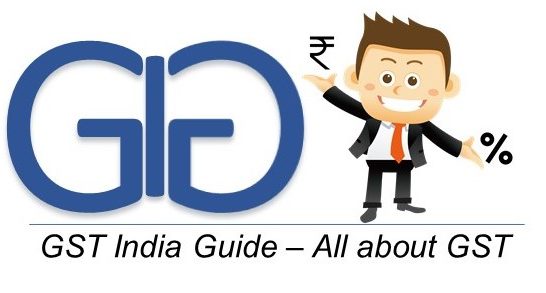The anti-profiteering clause in the GST Bill has India Inc worried, even as finance minister Arun Jaitley, in various interactions, has said that there would be no witch-hunt.
Clause 171(1) of the GST Bill provides that any reduction in rate of tax on any supply of goods or services, or the benefit of input tax credit shall be passed on to the recipient (consumer) by way of a commensurate reduction in prices. There are many aspects that are currently open ended. “An authority is to be empowered to examine this. The finer rules and regulations and penalties are not yet known. The yardstick that would be deployed for such measurement also needs to be spelled out. However, savings to a company arising out of logistic or other efficiencies do not have to be passed on,” says Sachin Menon, indirect tax leader.
Read All About GST from Beginning
Industry representatives spill out their anxiety. To begin with the term ‘commensurate’ is not defined. While pre-GST figures (such as profits) will be compared with the post-GST numbers, the basis of valuation itself will be different under the old laws and under GST. For instance, a product could currently be taxable on MRP basis at a central level and against the billing price in a state, they point out. The issue also remains on whether anti-profiteering will be seen on a pan-India basis or state to state. For instance, in one state after the implementation of GST, the tax rate could be lower. Will an average pan-India figure be considered to determine whether the benefit of reduction in tax rate has been passed on? Also will the profit analysis be done at the entity level or product level? The rules that should provide clear guidelines to all these issues, is the wide sweeping comment across India Inc. “The basic tenet of anti-profiteering to curb inflation is valid. However, it is likely that the more efficient companies will be subject to far greater scrutiny. Determination of the input tax credit will be tougher in case of multi-product companies or in case of bundled sales, adds (say, sale of software maintenance services with a warranty),” Narayanan.

